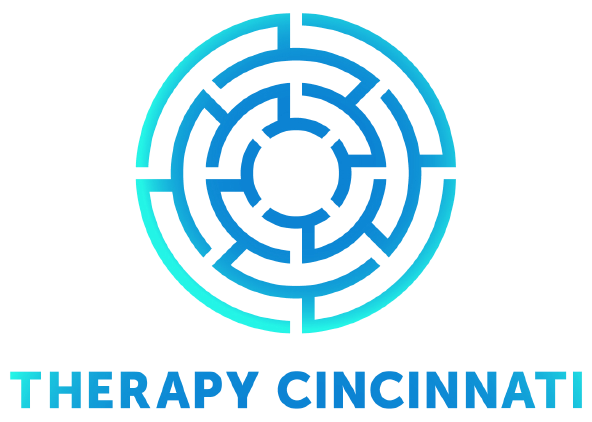More and more of us rely on therapy to help heal from past traumas and the like. However, if you have been struggling to see success with this, there are plenty of alternative options you could consider. Just one such option you could consider is EMDR – but what is EMDR, how does it work, and can it help people who have tried other types of therapy unsuccessfully?
What is EMDR?
What is EMDR? EMDR therapy uses eye movement desensitization and reprocessing techniques to help bring old memories to the forefront of our minds; these can often be long-since-buried memories that significantly influence our day-to-day lives.
During EMDR sessions, the therapist typically starts by taking the client’s history and preparing the client for the experience, which can be somewhat unusual. Then, during EMDR therapy, the therapist targets and processes target memories to help with recovery. From there, the therapist can begin working on treatment plans to help the patient heal from past traumas and move forward.
How EMDR is Helpful for People Who’ve Tried Other Therapies
EMDR is a relatively new form of therapy, and it works differently than other techniques, making it valuable in many scenarios. The basic idea is that instead of talking about feelings and experiences we have had, we allow our brain to reprocess events, which helps us heal and emotionally move on from what has happened.
While EMDR therapy does bring potentially painful memories into the forefront of people’s minds, it is nevertheless still effective. With EMDR therapy, you individually approach and reprocess past negative experiences. This makes them significantly easier to live with in the modern world.
EMDR is an excellent complementary therapy to integrate into your recovery. Whether you’re still sticking with your traditional healing mechanisms or if you have had poor results and want something different, EMDR could absolutely help. Because it targets the cause of distress at the source, it can even be effective for people who haven’t had good experiences with other types of therapy.
There are two main reasons why you might want to try EMDR in place of other therapies. These include:
- Not all therapies are helpful for recovering from past therapies. Accordingly, if you have struggled in the past to overcome trauma, you may want to try EMDR.
- In some cases, individuals may simply not see good results from a particular type of therapy. If you’ve been trying another form of therapy that you struggle to see results from generally, EMDR could be a valuable alternative approach.
Is EMDR Safe?
While EMDR can bring painful memories up, it’s nevertheless worth noting here that EMDR is typically very safe to use. Other than being a little distressing, EMDR therapy is a safe way to approach healing and recovery; if you have difficulties, EMDR might be the option you deserve. And don’t forget, EMDR is open to all patients suffering from a mental health condition.
When is EMDR Used?
EMDR is used generally when people are stuck in therapy, or when they have experienced something overwhelming and scary. With this in mind, EMDR is not exclusively limited to challenging or complex cases. In fact, EMDR is available for users facing all manner of different challenges, primarily those relating to past or childhood trauma.
EMDR offers a hugely valuable and exciting opportunity for people to boost their own recovery and happiness. Why not consider this for your own recovery efforts, too?
Final Thoughts
If you have been looking for someone to help with your own healing and recovery needs, EMDR from a local professional therapist could be just what you need. Luckily, we here at Therapy Cincinnati have had lots of experience helping people who have yet to see success through therapy. We have 3 EMDR therapists on our team, and we are proud to offer expert EMDR treatment that can help you heal. Reach out today to get started.

